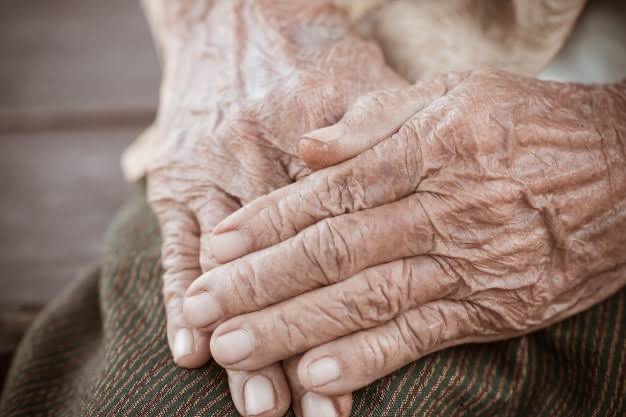Access to Pensions, Old-Age Support, and Child Investment in the People’s Republic of China
By Xiaoyue Shan & Albert Park
This paper studies how access to public pensions affects old-age support and child investment in traditional societies. Guided by predictions from an overlapping generations model, we analyze the influences of a new pension program in rural People’s Republic of China, using a difference-in-differences approach. We find that the program crowds out transfers from working-age adults, especially men, to their elderly parents. Interestingly, the impact on child investment significantly differs by child gender. While adult parents increase educational investment in sons, their investment in daughters appears to decrease. Our findings highlight the unintended consequences of public pensions on parental investment.
Source @SSRN











